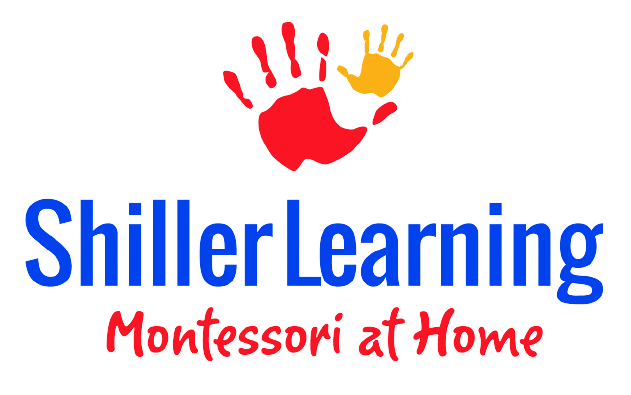7 Questions to Ask Before Choosing a Homeschool Math Curriculum
Choosing homeschool curriculum can feel like a daunting task.
Math is a subject many homeschooling parents state they feel inadequate to teach. Throw in concerns about common core and state regulations, and choosing a math curriculum becomes even more difficult. Let’s take a look at the bigger picture, break it down into more manageable pieces, and think through choosing a curriculum together.
1. What is your educational approach and goals?
One of the most important things for a homeschooling family to decide is what your overall philosophy and goals for education are. Do you want school to be student-led or teacher-directed? Are you following a certain teaching approach such as Montessori, Waldorf, or Charlotte Mason? Are there state standards you need to follow? What are some of your goals for the school year? Thinking about all of these questions before researching curriculum can be helpful.
2. How much is your budget?
Cost can be a prohibitive factor for many families. Can you find the desired program used or get a coupon code from a blogger? How much is included in the cost of the curriculum? Will you need to purchase any other add-ons or manipulatives? Is the curriculum able to be used for many different ages or is it only for one year? Is the curriculum reusable for more than one child? How much support from the company comes along with the curriculum? The curriculum cost itself is just one factor.
3. How many children are you teaching?
Do you desire a curriculum that is grade-specific for each child or a curriculum that encompasses multiple ages and can be shared? Do you need to purchase new workbooks for additional children or can you make, or download, additional copies?
4. How much time for teacher prep-work do you have?
Homeschooling families are busy! How much time do you have for prep before the lesson is given? Will an “open and go” math curriculum without teacher preparation help you free up time for other tasks?
5. How long would you like each lesson to be?
Math is an essential subject that takes time, consistency and practice to learn. Considering the length of lesson suggestions of each curriculum and your educational approach will help you narrow down your curriculum. If a curriculum is a good deal but takes too much of your time, you’re never going to use it. Your time and money are valuable.
6. What is your teaching style?
Are you a hands-on teacher or do you like to let your children tinker and find answers on their own? Do you prefer something concrete or do you prefer starting with abstract? Do you need the curriculum to provide lessons that incorporate review or do you like to review on your own?
7. Do you desire a mastery-based or spiral-based approach?
Mastery-based curriculum requires the child to master a concept before moving on to something else. Spiral-based curriculum introduces a variety of “bite-size” concepts with increasing difficulty. With spiral-based math curriculum you will revisit topics regularly to build mastery.
8. Do you want a primarily visual program or one that addresses all the senses?
Most curricula are visual. Some include songs. Others include manipulatives that children play with. Others still include activities that use the major muscle groups (thighs, abs, and shoulders). Do you want a traditional, primarily visual curriculum where you make up the lessons for the other learning styles, or do you prefer a curriculum where those lessons already exist?
Hopefully, this helps you to feel more confident and empowered to choose a math curriculum. Here’s to a stress-free curriculum selection - and education!
See Inside Our Montessori-Based Kits
Larry Shiller
Larry Shiller is President of ShillerLearning, whose mission is to help kids learn and fulfill their full potential. Shiller has degrees from Massachusetts Institute of Technology and the Harvard Business School and is the author of Software Excellence (Prentice-Hall).
A father of three, Shiller is active in non-profits and his hobbies include working with local startups, music (Shiller is an accomplished violinist who - when not helping children learn math and language arts - performs in the NYC tri-state area), tennis (Shiller's team made it to the USTA national finals in his skill bracket), Quoridor (Shiller is a former USA Champion), backgammon (Shiller is the Voice of Backgammon, doing commentary on backgammon tournaments worldwide), table tennis, and flying (Shiller holds a private pilot's license).




1 comment